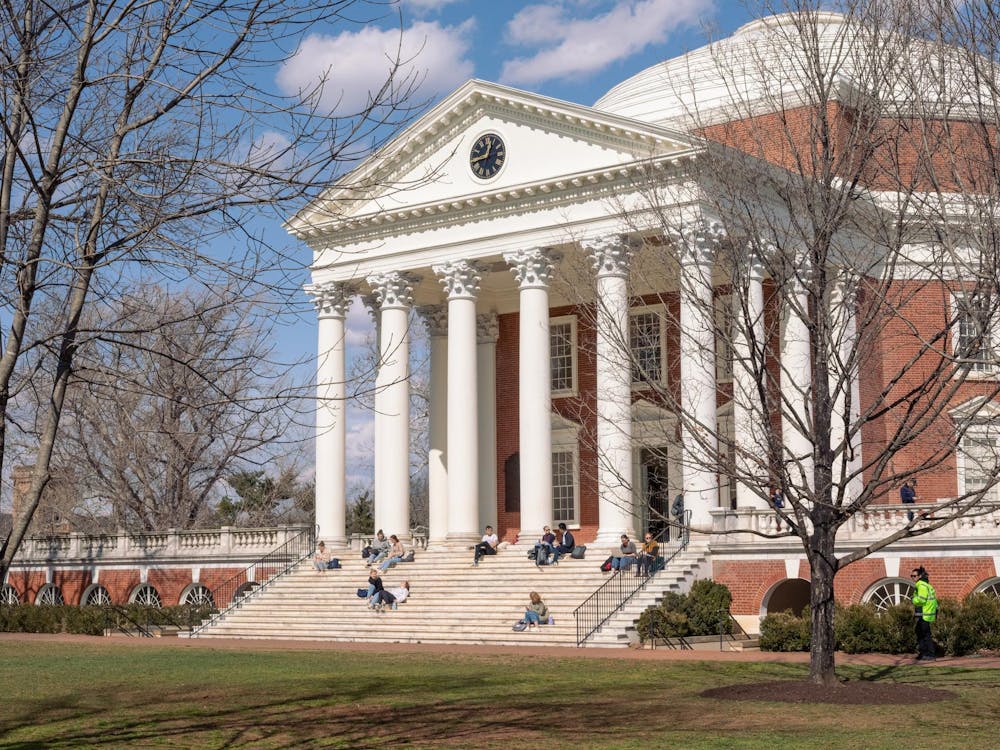Two separate technical problems with the University's Central Mail System caused some consternation for students who tried to access their e-mail accounts Monday and Tuesday.
Information Technology and Communications worked to correct problems caused by incompatible security software Monday and problems caused by disk failures Tuesday, ITC Network Systems Manager Robin Ruggaber said.
ITC replaced the failed disks Tuesday night and conducted an emergency reboot at 5 a.m. in order to start with a "fresh, clean system" after two days of problems, Ruggaber said.
Many students said they were unable to access their e-mail all morning Monday.
"[Monday] was a problem, because I had to miss a class, and I wasn't able to e-mail my teacher to tell him that I wasn't coming," second-year Engineering student Brian Hickey said.
Hickey said when he attempted to log into Mulberry, the message "waiting for network" was displayed, followed by a message reading "timed out while logging in." He also said Webmail repeatedly rejected his username and password Monday morning.
"For about two and a half hours [on Monday] most of our customers could not get in," Ruggaber said.
ITC installed several new security patches on the CMS over Spring Break, one of which caused problems with the CMS when a large number of users tried to log onto their e-mail accounts around 8 a.m. Monday, Ruggaber said.
"When the load started to build up on the servers, that was when the [the system] started to exhibit problems and started crashing." she said. "We had to identify which patch was presenting the problems, and it took us a while."
Two disk failures in the CMS caused slow mailbox loading time and occasional timeouts all day Tuesday, ITC officials said.
The CMS is run on three nodes, or processors, two of which experienced disk failures. The disk arrays in these processors contain "hot spares," or backup disks that automatically are populated with the information on the failed disk. The transfer of information from the failed disk to the hot spare can occur either at a very fast rate, at which time the CMS would be practically inaccessible by users, or at a less intense rate, Ruggaber said.
ITC opted for the less intense rate of information transfer, which takes more time and slows the CMS down but still allows users to access their e-mail, Ruggaber said.
"The disk is still populating, and this is causing a lag for everyone," she said.




